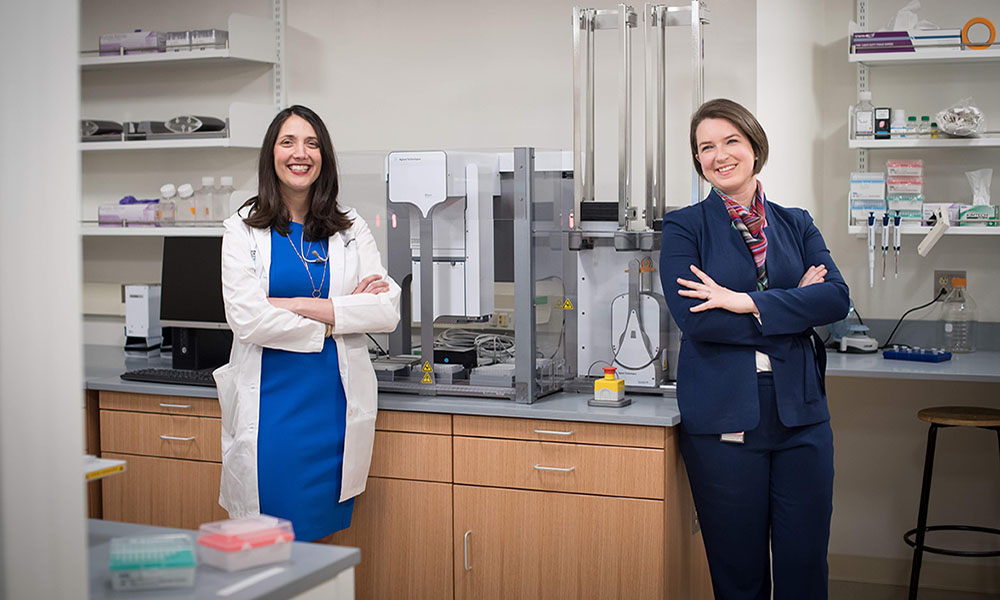Deciphering immune-related adverse events (irAEs) induced by immune checkpoint inhibitor (ICI) therapy
While ICI therapy is revolutionizing the treatment of solid cancers, its success is currently being limited by treatment-induced irAEs resembling autoimmune diseases that are affecting nearly every organ system. With ICI becoming first- and second-line of cancer treatments, it is expected that the number of irAEs will continue rising and limit immunotherapy efficacy unless we find solutions.

Our multi-disciplinary translational group of scientists and clinicians are working towards developing a better understanding of the biological players and underlying molecular and cellular mechanisms involved in driving irAEs by directly studying patient blood and matched affected tissue samples using a range of systems immunology, immunogenomics and single-cell ‘omics’ strategies.
Our translational research program may result in identifying putative cellular components and mechanisms that could be:
- targeted in a ‘primary-prevention’ approach to prevent irAE development, or
- targeted after onset of irAEs, without reducing the efficacy of the immunotherapy.
Learn more about the Severe Immunotherapy Complications Service at Massachusetts General Hospital.